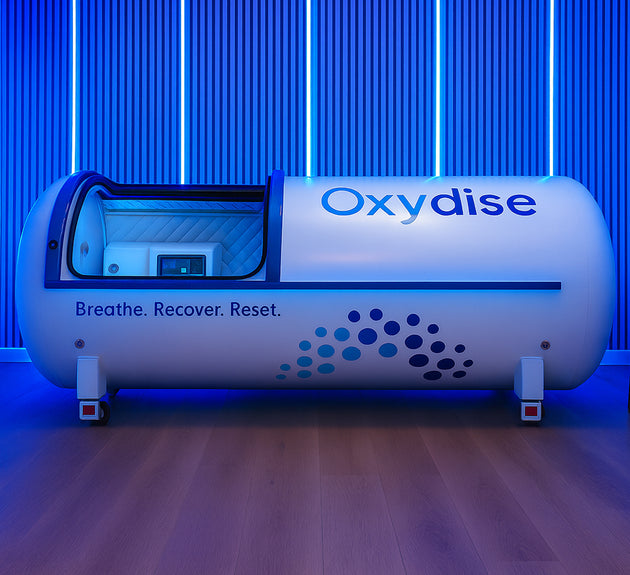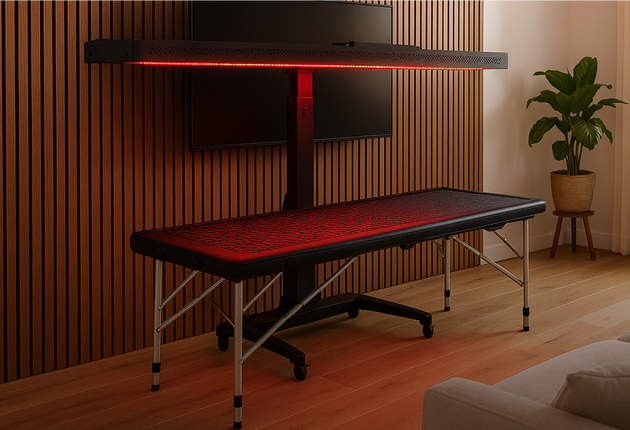HBOT has become a promising alternative treatment inflammatory bowel disease (IBD), which includes conditions like Crohn's disease and ulcerative colitis, can be incredibly challenging to manage. These conditions often cause severe discomfort, with symptoms that can be resistant to traditional treatments such as corticosteroids, immunomodulators, and anti-inflammatory medications.
A review of multiple studies has shown that HBOT may offer significant benefits for those suffering from Crohn's disease and ulcerative colitis, particularly in patients who have not responded well to standard treatments.
In studies involving Crohn's disease, 78% of patients experienced clinical improvements after undergoing HBOT. This is particularly noteworthy since these were patients with severe, treatment-resistant forms of the disease. Additionally, HBOT was found to decrease levels of inflammatory substances in the body, such as cytokines IL-1, IL-6, and TNF-alpha, which are known to play a key role in the inflammation associated with IBD.
The results were even more encouraging for patients with ulcerative colitis. In all studies reviewed, every single patient who received HBOT showed improvement. One study specifically highlighted a reduction in IL-6 levels, a marker of inflammation in the body.
One of the most encouraging aspects of HBOT is its safety profile. Across all studies, adverse effects were minimal, making it a potentially safe option for patients who have exhausted other treatments.
For those interested in learning more about the science behind HBOT and its effects on IBD, a detailed review is available in this article here.
















